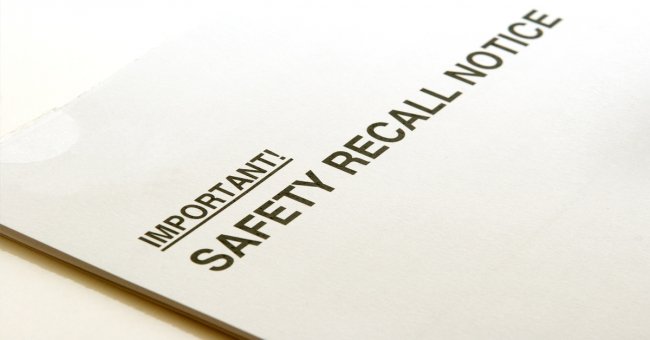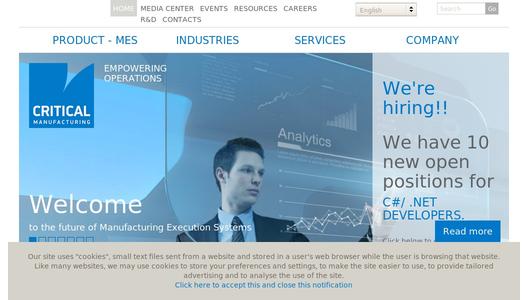Almost all countries have consumer protection laws in place and regulatory bodies to monitor the kind of products entering the market. However, even with the existence of global and local standards, regulations, audits, specifications and even harsh punitive measures, faulty products do get manufactured and supplied in the millions every day.
So what happens after?
Tracking of all goods considered faulty and recalling them to avoid further damage is the first step to take. How quickly a company responds in a recall situation can potentially make or break a company’s brand image.
A classic example of a product recall helping to improve the image of a company is the infamous recall of Johnson & Johnson drug ‘Tylenol’ in 1982, where 7 individuals died due to cyanide poisoning. The company acted swiftly and recalled almost 30 million bottles of the drug, while reinventing how the drug was packed and introducing better tamper free packing. The way J&J handled the crisis situation and avoided panic from spreading is still considered as a gold standard in corporate crisis management by PR experts.
In the event of product recalls the company does tend to suffer massive financial losses, right from arranging reverse logistics, to providing free replacements, not to mention the cost of reproduction, re-distribution and rebranding the product as safe. But what becomes a subjective matter and far more difficult to comprehend is the loss to the company’s image and reputation.
Product recalls which pose threat to human life immediately grab attention of the global media and thereby bring to light the reality, which shows that even the best manufacturers in the world suffer from quality defects in their products. The automotive industry alone replaces and recalls products amounting to USD 40 Billion per year, and this is just one industry.
How may manufacturers avoid the recall situation?
Product recalls generally result from a component or ingredient of a product being faulty or sub-standard, which is either not detected or not properly reported in the regular quality control procedures. The defects may range from minor errors to major blunders, but the common attribute here is that the defect somehow goes under the radar and causes problems to the users.
A simple example is when a robotic component - which is supposed to mix exact amount of ingredients and additives to manufacture a vital drug - experiences an error and mixes 5 milligram extra for a particularly dangerous ingredient. Technically this is a minor error, however from a medical perspective, this is the difference between life and death. A sure way of detecting these errors is to have an MES in place, which monitors the status of each and every machine and reports even the minutest of errors and OOS situations.
Modern MES applications are equipped with an SPC or statistical process control tool, which allows users to monitor real-time process variations and investigate the problem without actually stopping the entire production line. Depending on the industry and KPI to be reported, the MES and the SPC can be so configured to report the most critical aspects of production in detail, where any variation from norms can be captured and reported.
The SPC enables process owners to keep a constant watch on process parameters, and events like the one described above can be detected earlier. So the SPC also prevents situations from becoming alarming, since as soon as an issue is reported the concerned personnel may act to implement a standard or suggested CAPA.
Click here to read the full blog.
See also: Case Study - AT&S : An integrated approach to traceability for fresh start. AT&S MES project for new substrate facility by Julie Fraser, Iyno Advisors.


